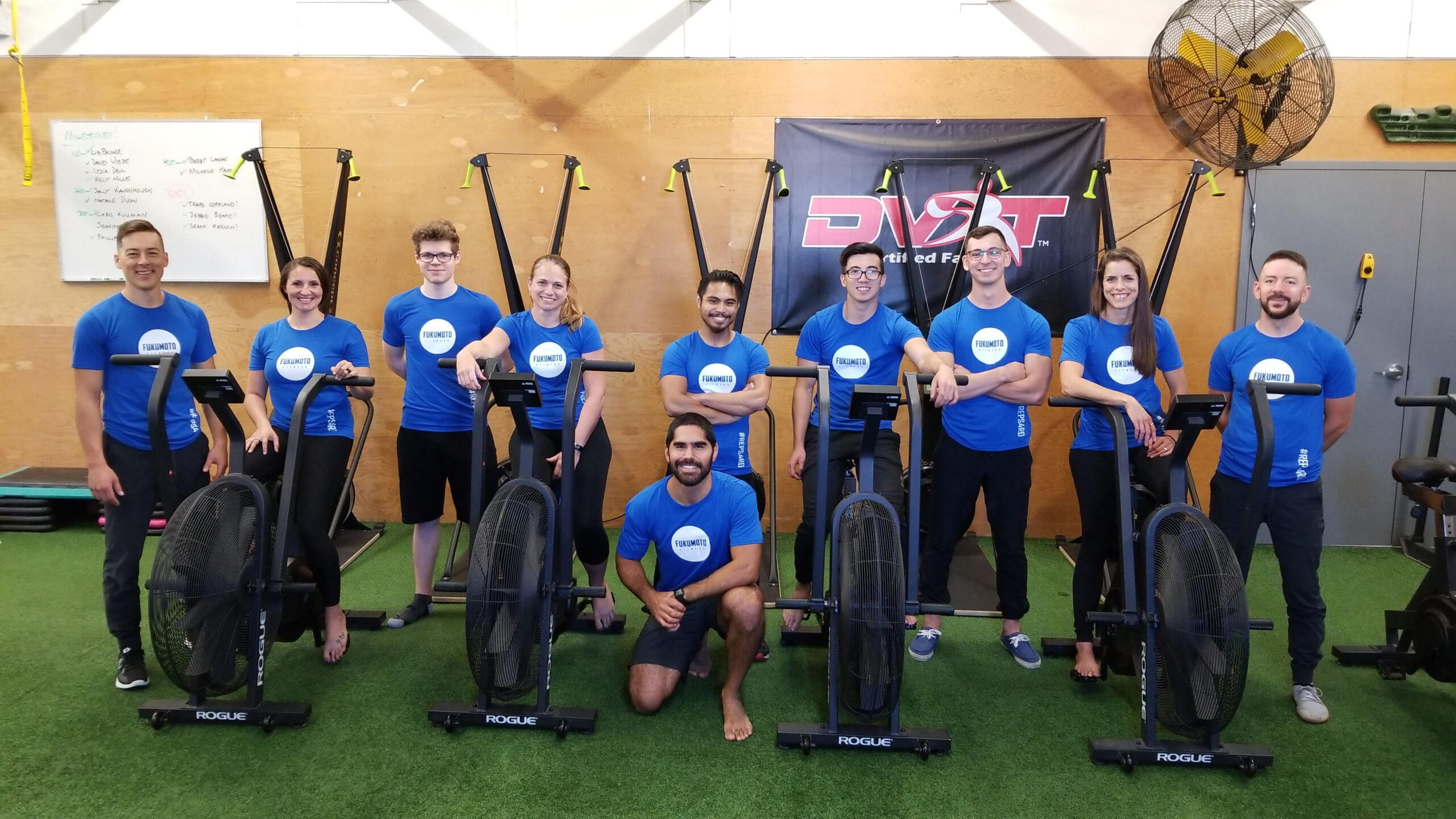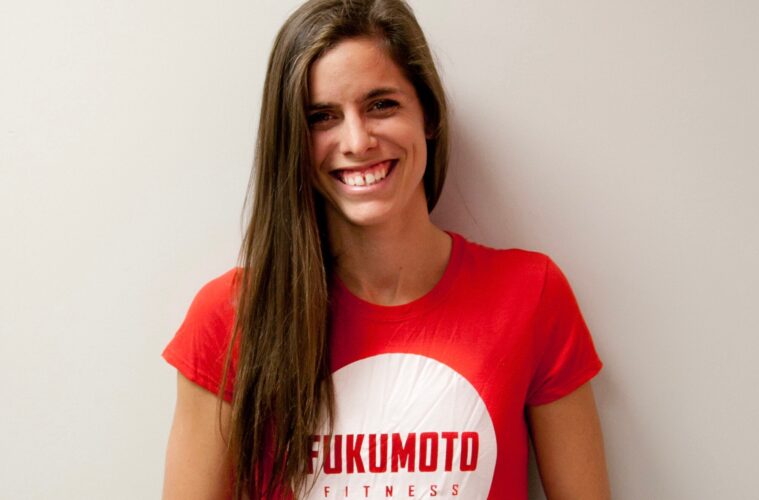Postpartum wellness is a common misconception for mothers and partners, many believe that as long as you get the ‘mom and baby are healthy’ green light, you and baby can just go with the flow. Postpartum wellness is not only about making sure you are physically given the all-clear from doctors, there is also a mental side to it. Many mothers whether first time or not can go through postpartum depression, and a lot of times there are mothers out there who do not get the proper care to help them through this difficult time.

Fukumoto Fitness
Jen Fukumoto has been a labour and delivery nurse for over a decade and has now focused on becoming a fitness coach for pelvic floor health. With Jen’s expertise, she can help mothers and partners recover mentally and physically after labour because it is natural to have these struggles whether physically or mentally, and Jen is the person to help you through that.
What is the biggest misconception about post-partum that moms and partners have?
I would have to say that one of the biggest misconceptions about postpartum that moms and partners have is that everything will be or feel natural. Knowing if a baby is tired, hungry or needs a diaper change will come naturally; latching your baby to feed for the first time will come naturally; and so will everything else.
Not everything is natural. You may find some things happen with ease and an easy transition but don’t be surprised if there is something that catches you off guard that you didn’t expect. It is natural for things to not feel or go “naturally”. Be ready to be flexible with expectations and communicate often!
Many moms think that they cannot work out during pregnancy – how can working out during pregnancy help in post-partum?
Thankfully the perception around this is changing. More women know they can work out in pregnancy and more practitioners are encouraging it. All around, recovery goes smoother than if moms are more sedentary during their pregnancy.
Being active during pregnancy can also help to reduce the risk of developing high blood pressure, gestational diabetes, increased weight gain, etc and so if we can lower our risk during pregnancy we have a greater chance of not dealing with any further complications postpartum.
We don’t get to choose our delivery type and in my experience, it doesn’t matter if a mom delivers vaginally or by c-section. If a mom has been active in pregnancy, regardless of the type of delivery, she will for the most part have a better recovery than if she didn’t stay active.
How important is mental health, and what can moms do to work on it?
In my opinion, mental health is even more crucial than physical health. If a mom is struggling mentally, how can she expect to take care of her new baby or take care of herself after delivery? If she is struggling, how can she recognize if she is entering into more serious postpartum depression and psychosis? The questions to ask yourself are:
Have I been diagnosed with anxiety or depression?
Am I on medication for anxiety or depression?
Are there big family/life stressors going on?
If you answer yes to any of those questions, you should ensure you are keeping the lines of communication between yourself and your support system open.
What are some tips for moms dealing with the mental side of postpartum and what can they do with their children to help it?
If a mom is struggling mentally postpartum, someone needs to know! It can’t be dealt with in a healthy way if it’s kept inside. Most people don’t do well trying to solve struggles in isolation. Your support network, as well as your healthcare provider, should be aware. Once they are, tell them what you need so that together you can come up with a plan for support.
With your baby, be with them skin-to-skin. Skin-to-skin promotes relaxation and calmness so take a moment and just lay with your baby. Oxytocin (the love hormone as they say) is released which is positive for mental health.
What is the best tip for first-time moms, especially those who undergo a lot of physical and emotional stress?
The best tip I can give is to ask for help while remembering that you are learning. You are on a new journey learning what it means to look after a new little life. There is a big learning curve when it comes to breastfeeding, bathing, healing, sleeping and knowing what your baby needs. The more you practice asking, the easier it will be and there is no shame or guilt in that. In the age of social media, it’s easy to think that moms have it all together, but we don’t! I don’t. You don’t. And that is 100% ok. They say it takes a village. Build your village.


